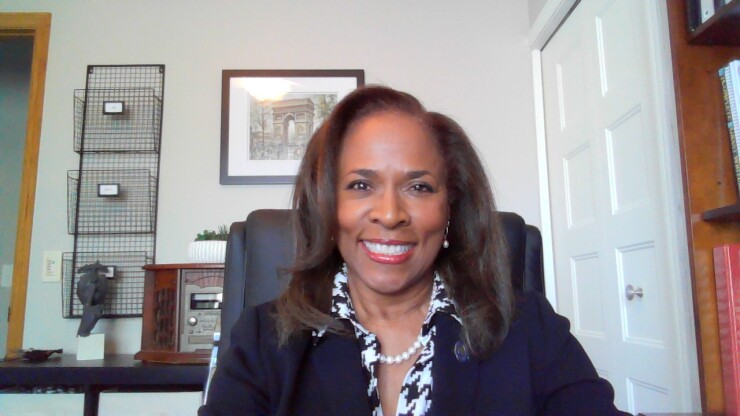Minnesota’s de novo credit union drought, which stretches back to 2013, could come to an end this year.
The Association for Black Economic Power plans to launch a new institution in 2022 could still face delays due to capital and chartering requirements.
Debra Hurston, executive director of the Association — a nonprofit that was created to establish a Black-led financial institution — said it is far from a certainty that Village Financial Credit Union will open its doors this year, but she is hopeful it will happen.
The process itself has been frustrating for the group, which is seeking a state charter rather than a federal one. The Association started the organizing process for the charter in 2018.
Four federally chartered credit unions launched in 2021. The National Credit Union Administration has said it wants to be more encouraging of groups that want to launch new credit unions and to make the federal
On the state level, the chartering mechanism can differ from state to state. Because this process is so rarely completed, “there’s no one you can [ask], 'What would you recommend?’ There’s no one who has done it,” Hurston said.

The state’s most recent de novo was Northern Eagle Credit Union, which launched in 2013 and merged with Embarrass Vermillion Federal Credit Union in Feb. 2020.
There is also the issue of capital.
The credit union's total projected start-up and operating costs for three years is $6 million, which will require both public and private funding sources.
The Minnesota Credit Union Foundation has established a special fund to receive donations from supporters of the credit union and set a goal of bringing in $1 million in capital from the community, the group said in a press release.
The foundation has raised just under a half million dollars to date, said Mark Cummins, president and CEO of the Minnesota Credit Union Network, the state’s trade association for credit unions, and the Minnesota Credit Union Foundation.
“With many de novo credit unions, a sponsoring organization provides the financial backing needed to get the credit union up and running. In this case, there isn’t any one sponsoring organization. As the philanthropic arm of the Minnesota Credit Union community, we felt it was important for the Foundation to help in this capacity,” Cummins said in an email.
Hurston said the institution will operate online before it can open a planned brick-and-mortar location in north Minneapolis. The group found a location it liked but was not able to reach a deal on that property, so it is still exploring options.
North Minneapolis is a banking desert with a “huge, gaping void” of financial services, according to Hurston. There are no traditional banks or credit unions there but instead an abundance of payday lenders that are taking advantage of the primarily minority population there.
The credit union plans to offer products and services aimed at the unbanked and underbanked.
As of the June 2021 reporting period, the most recent available, there were 264 Black credit unions across the nation, managing 7.5 billion in assets for 762,000 members. Village Financial Credit Union would be the only Black credit union in Minnesota.
Although the organization will be Black-led, “we represent a multitude of races,” Hurston said said. “The critical point is what stops people from walking in the door and seeking help? We want to address that.”
Hurston said she will not lead the credit union but has been charged with finding the person who will. The vetting process for a leader is ongoing, she said.
“This is an absolute labor of love, but it is hard labor,” Hurston said.






